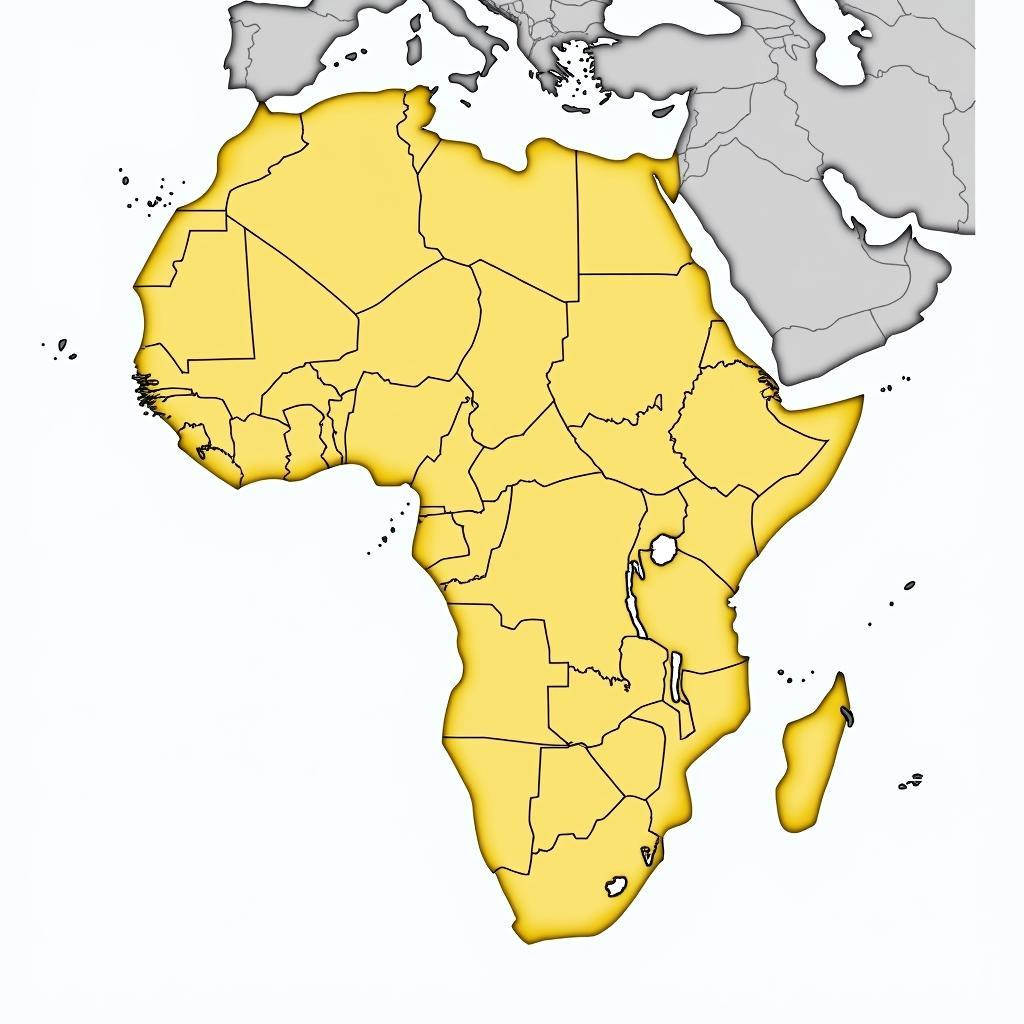African Countries Still Paying France: A Complex Legacy
The topic of African Countries Still Paying France is complex and often shrouded in misinformation. This article delves into the historical context, current realities, and the ongoing debate surrounding this controversial issue.
The CFA Franc Zone: Its History and Impact
The CFA franc, initially tied to the French franc and now to the euro, is used by 14 African countries, mostly former French colonies. This monetary arrangement, dating back to the colonial era, has fueled ongoing discussions about financial dependence and neocolonialism. The CFA franc zone was established in 1945, shortly after World War II, purportedly to stabilize the economies of newly independent African nations. However, critics argue that this system perpetuates French influence and control over these economies.
How the CFA Franc System Works
The CFA franc system operates with two distinct but interconnected currency unions: the West African CFA franc (XOF) and the Central African CFA franc (XAF). Both are pegged to the euro at a fixed exchange rate. One of the key aspects of the CFA franc system is the obligation of member countries to deposit a significant portion of their foreign exchange reserves with the French Treasury. This requirement has been a source of contention, with critics arguing that it limits the financial sovereignty of African nations.
 Map of CFA Franc Zone Countries
Map of CFA Franc Zone Countries
Arguments For and Against the CFA Franc
Proponents of the CFA franc argue that it provides stability and reduces inflation, making it easier for businesses to operate and attracting foreign investment. They also point to the fixed exchange rate as a safeguard against currency fluctuations. However, opponents contend that the CFA franc hinders economic diversification and growth by tying these African economies to the euro, a currency often stronger than what would suit their development needs.
Economic Impacts of the CFA Franc
The economic impact of the CFA franc is a hotly debated topic. Some studies suggest that the CFA franc has contributed to macroeconomic stability in the region. Others argue that it has stifled economic growth by limiting monetary policy flexibility and hindering the development of local financial markets.
The Future of the CFA Franc: Calls for Reform and Abolition
There are increasing calls for reform or even abolition of the CFA franc. Several African leaders have voiced their concerns about the system and its perceived limitations on economic sovereignty. The debate over the future of the CFA franc is complex and multifaceted, reflecting differing perspectives on economic development, monetary policy, and the legacy of colonialism.
The Eco: A Proposed Replacement Currency
In 2019, West African states announced plans to introduce a new currency called the Eco, intended to eventually replace the CFA franc. However, the implementation of the Eco has been delayed, and its future remains uncertain. The Eco represents a potential shift away from the CFA franc and could signify a new era of monetary independence for West African nations.
 Eco Currency Symbol
Eco Currency Symbol
Conclusion: Navigating a Complex Financial Landscape
The issue of African countries “still paying France” requires nuanced understanding. While the direct payment narrative might be simplistic, the CFA franc system undeniably raises questions about economic sovereignty and the enduring legacy of colonialism. The future of the CFA franc and the potential emergence of the Eco will shape the financial landscape of West and Central Africa for years to come.
FAQ
- What is the CFA franc?
- How many African countries use the CFA franc?
- What are the main arguments against the CFA franc?
- What is the Eco?
- What are the potential benefits of the Eco?
- Why is the CFA franc controversial?
- What is the historical context of the CFA franc?
If you need further assistance, please contact us at Phone Number: +255768904061, Email: kaka.mag@gmail.com or visit us at Mbarali DC Mawindi, Kangaga, Tanzania. We have a 24/7 customer service team.




